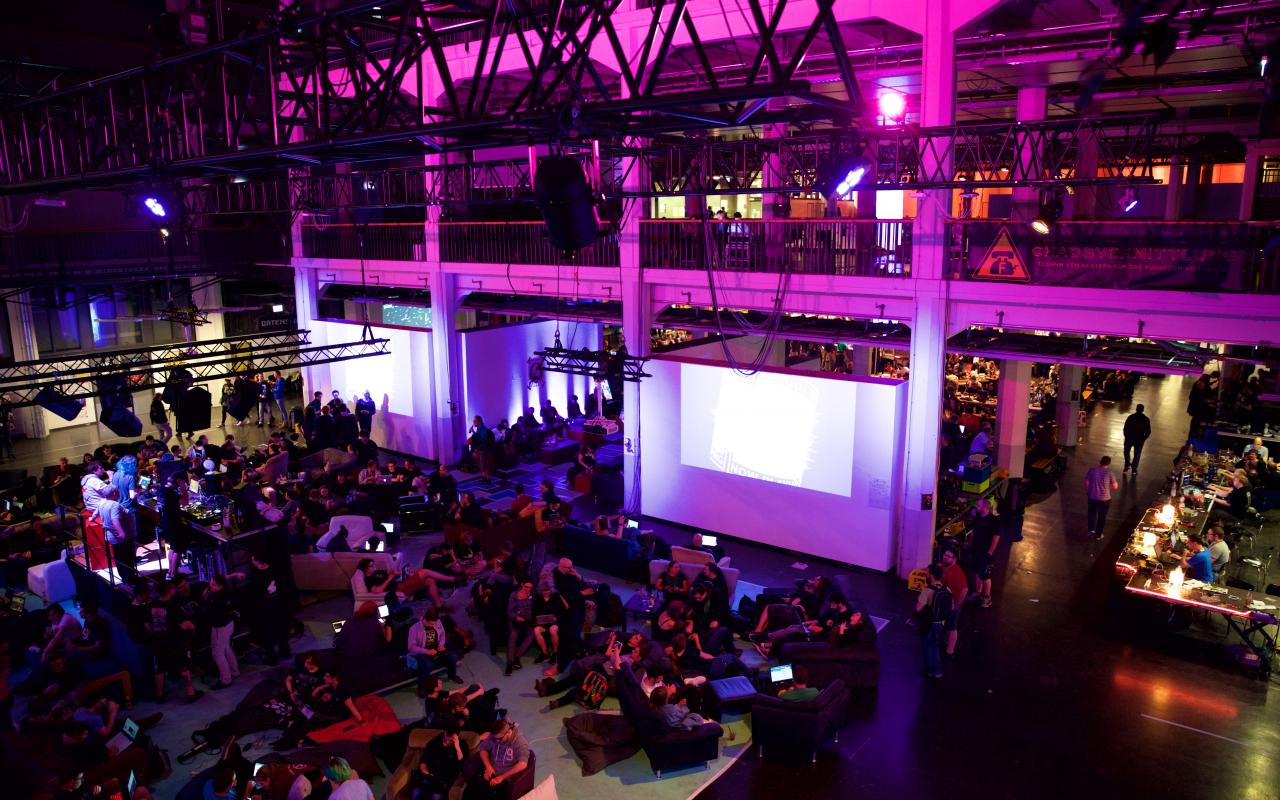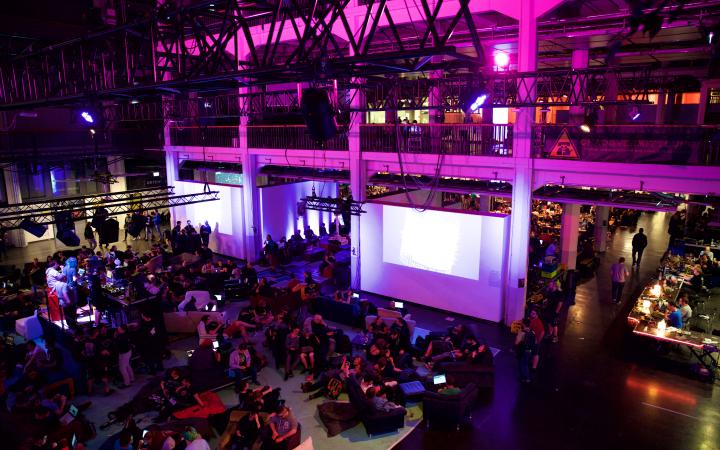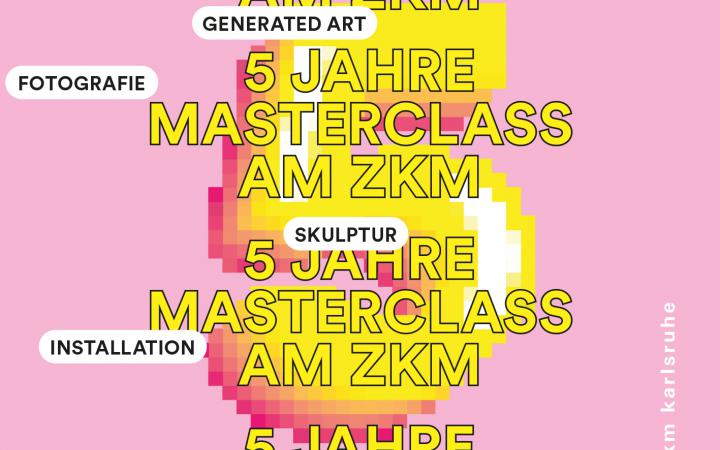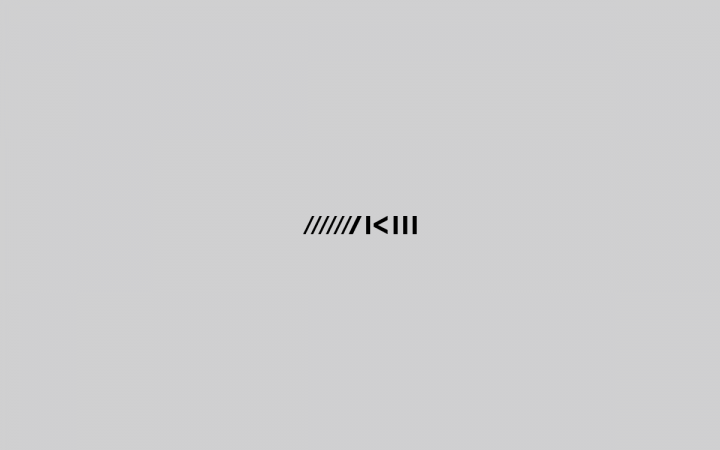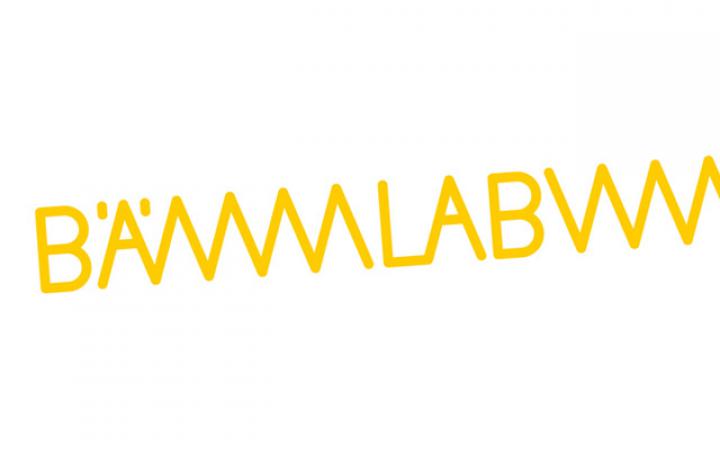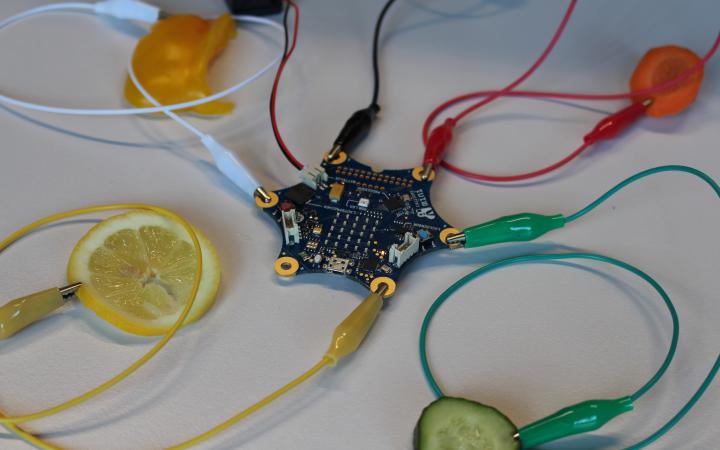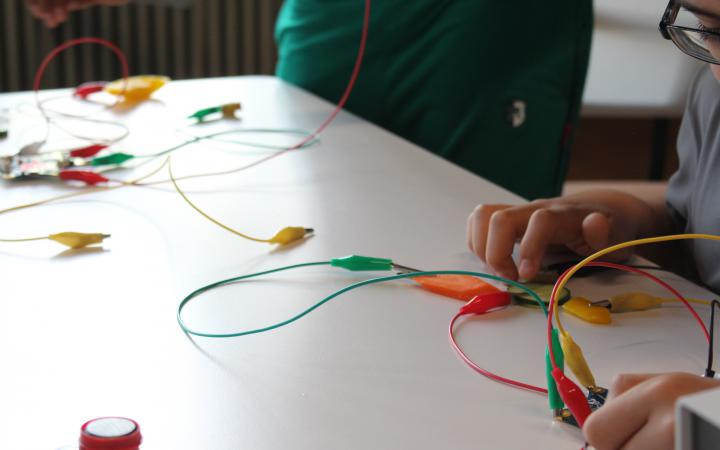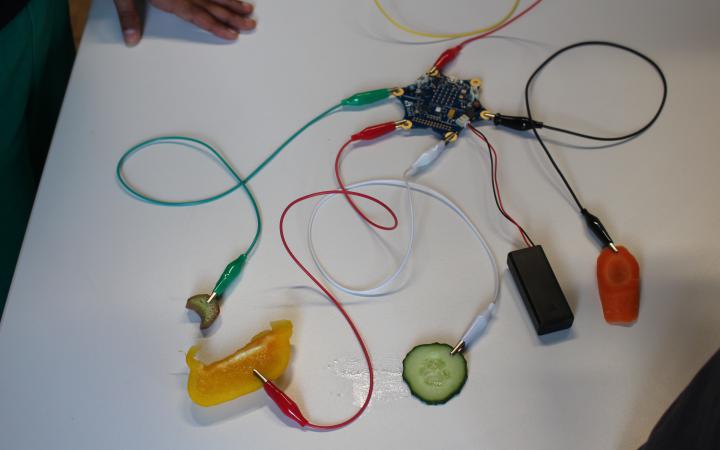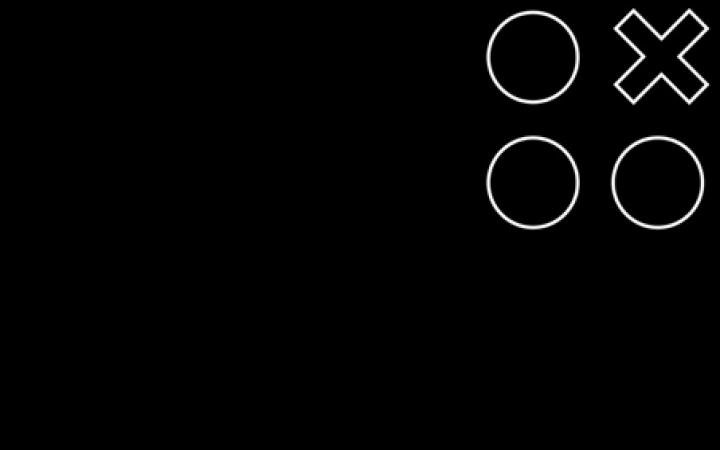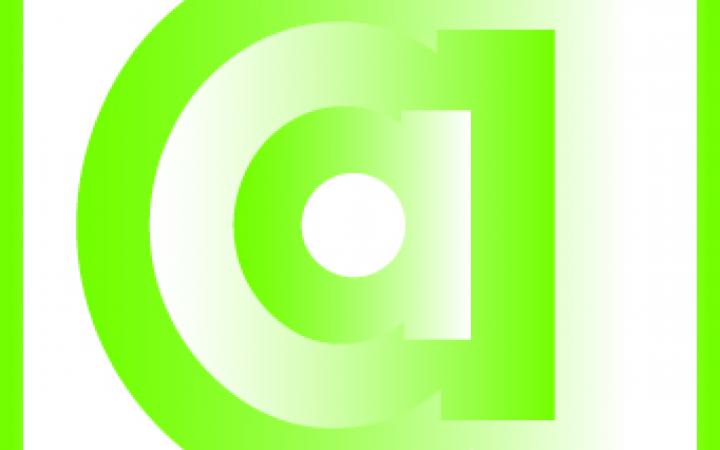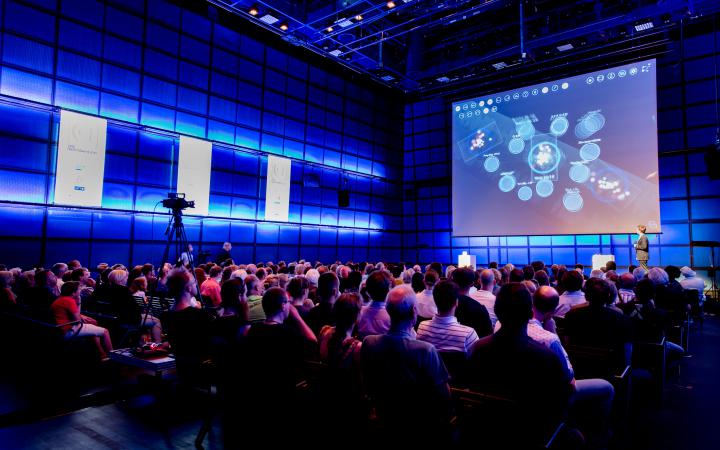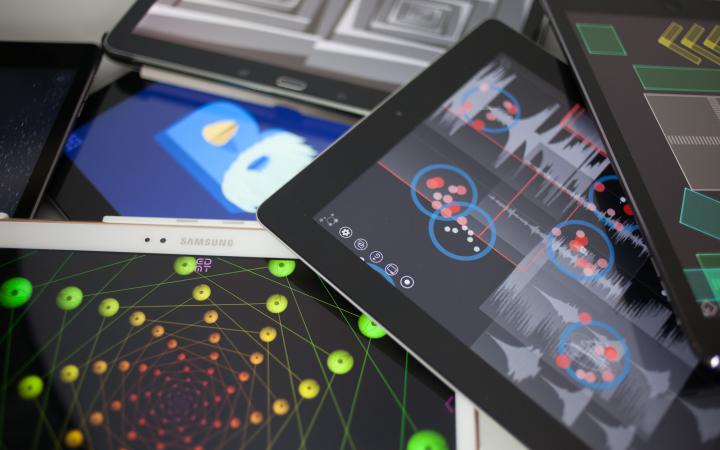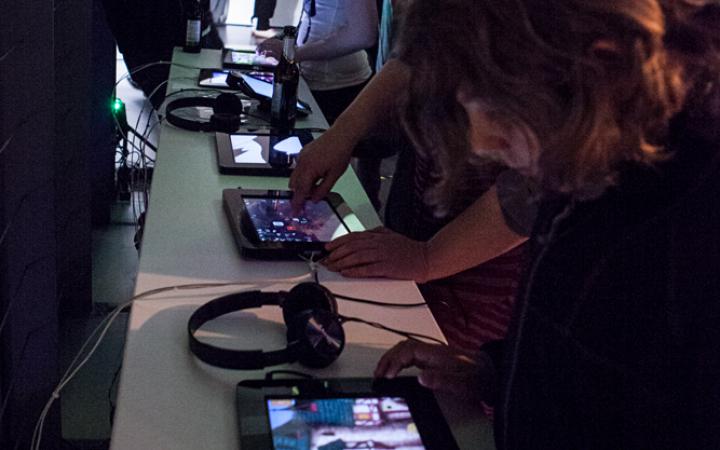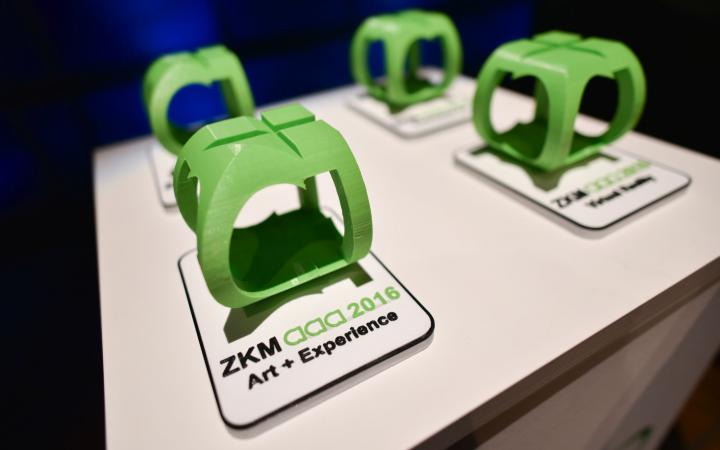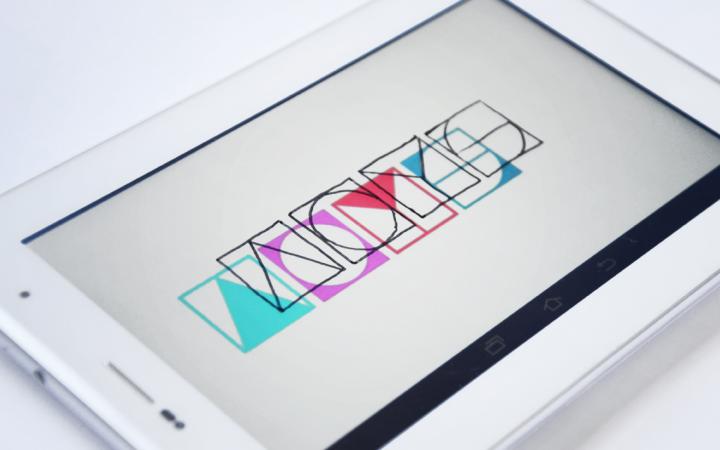Web Culture
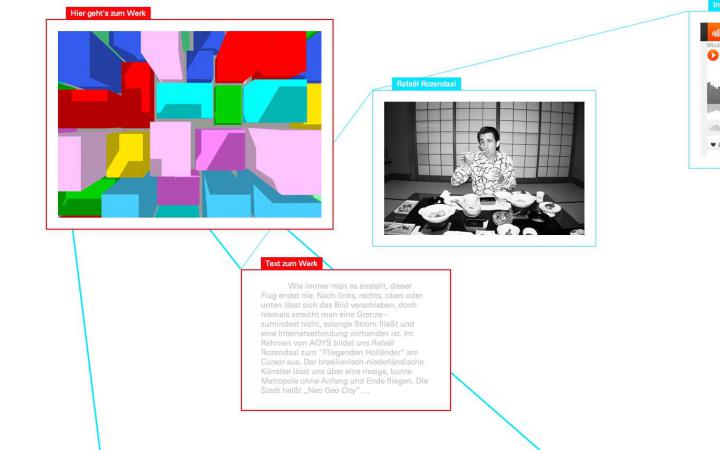
It has its own language, its own currency, norms, and values, and generates its own phenomena. Web culture – the culture of the internet – is our present day. Web culture established in conjunction with the development of the World Wide Web in the early 1990s, and has since spread across the globe.
A perpetually changing culture, it gives rise to new symbols and practices daily. UNESCO recently agreed on universal regulations intended on basis for our activities on the internet. “Accordingly, human rights must be the basis of all regulations pertaining to the Web, for all usage and all services” [1].
Web culture is one of participation. Users are no longer merely consumers, but instead, also producers of media content. »User-generated Content (UGC)« is the buzzword under which both the rise of the amateur and the decline [2] of substantiated content are debated: while some see UGC, such as blogs, as enriching journalism, others claim that the flood of amateur content trivializes our culture.
At the beginning of the twenty-first century, social theorist Manuel Castells postulated that we live in a network society [3]. He thereby defined the Web as the predominant form of organization based on electronic communication and information technologies. According to Jeremy Rifkin, rather than hierarchy, which was the operative organizational principle in the age of industrialization, organization in the information age is based on decentralized nodal points [4]. As Lev Manovich explains, these nodal points are held together by means of software: “All social, economic, and cultural systems of modern society run on software. Software is the invisible glue that ties it all together”[5].
Web culture is based on the technology of distributed networks [6]. The screen is our interface to the world. As networked individuals we communicate via social networks, blogs, and forums; we share our experiences and memories in photo-communities and on video portals. The internet offers a virtually unlimited realm for creativity. Right from the start, art – above all, net art – discovered the internet and used it as a canvas for artistic and activist actions.
»Mash-ups« and »Remixes« represent a cultural practice that modifies and re-contextualizes existing material. Multimedia collages emerge that can potentially be viewed and further edited by the entire world. However, the idea that the internet is a colorful playing field on which all can do or not do as they please, and creative expression is the property of the producer, is utopian. Who owns our content on the Web? Who controls and distributes it, and who earns money from it? Such questions are being posed ever more firmly. Companies such as Google, Facebook, and Apple control information flows, and keep watch over our data with a jealous eye. They determine the direction of knowledge streams and are chiefly responsible for the much-discussed information bubble [7]. Thanks to elaborate algorithms, we are supplied primarily with information corresponding to our preferences – people are no longer meant to think beyond the box
Nonetheless, the internet offers us a unique form of participation. The world largest petition platform, www.Change.org, is only one example indicating ways in which democracy can be successfully practiced on the Web. Web culture has brought forth new forms of solidarity[8]. Knowledge platforms, such as Wikipedia, and movements such as Occupy and Anonymous, are representative of the immense potential (positive as well as negative) of the distributed networks. For quite some time, Web culture has not been limited to the internet alone; a sharp division of online and offline has long been obsolete. Thus, opposition, protests, entertainment events, and social movements are frequently initiated and organized online, but the digital spark flies and ignites in public space.
Since its founding in 1989, the ZKM has critically examined the subject of Web culture. With the »net_condition« exhibition in 1999, artistic focus turned to the conditions of the relationship between society and technology. Ten years later, the user was at the center of attention. The emancipatory move from viewer to designer was the point of departure for the »YOU_ser« exhibition. With it, ZKM offered the first presentation of the contours of then-new user art. The ZKM and Cyberforum e.V. have co-organized the international »AppArtAward«, a competition honoring artistic Apps, since 2011. Focus is on independent developers and their creative potential. Art occurs on screen under the title »ArtOnYourScreen (AOYS)«. AOYS is a virtual window on the Web presenting cross-genre artworks. These works, which display their meaning only on the internet, challenge the user to co-design the Web culture of tomorrow. Since 2017, the ZKM, together with the Akademie Schloss Solitude, has been organising the »Web Residencies by Solitude and ZKM«. In February 2018 the Web Residency Production Award - "Hash" - was awarded for the first time.
Literature
- www.heise.de: Unesco einig über "Universalregeln" fürs Internet [Unesco agree on "universal rules" for the Internet], 2013
- cf: Andrew Keen, »The Cult of the Amateur: How Today's Internet Is Killing Our Culture«, 2007
- cf.: Manuel Castells, »Bausteine einer Theorie der Netzwerkgesellschaft«, in: Berliner Journal für Soziologie, 2001
- cf.: Jeremy Rifkin, »Die dritte industrielle Revolution. Die Zukunft der Wirtschaft nach dem Atomzeitalter«, Campus-Verlag, Frankfurt/New York, 2011
- Lev Manovich, »Cultural Software«, 2011
- cf.: Ramon Reichert, »Macht der Vielen«, 2013
- cf.: Eli Pariser, »The Filter Bubble: What the Internet Is Hiding from You«, Penguin Press, New York, 2011
- Felix Stalder, »Digital Solidarity«, 2011
Author: Julia Jochem
